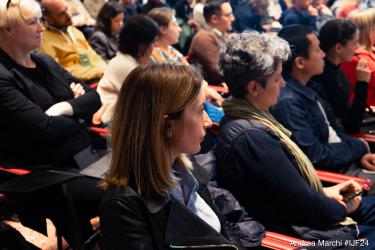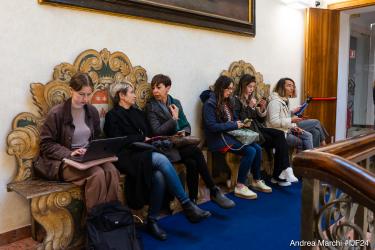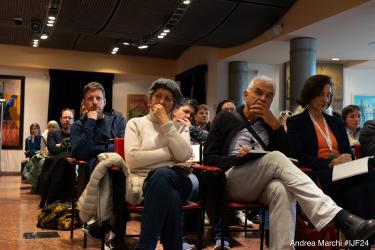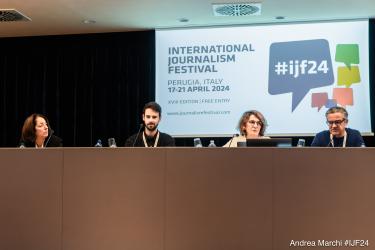Artificial Intelligence (AI) is revolutionising how we gather, process, and disseminate information. The future impact of this revolution hinges on our technological choices. This panel will address critical questions: How can we ethically harness AI in journalism? What guidelines should govern its use? How can we ensure information integrity when most web content will be AI-generated? And how do we maintain editorial independence when newsrooms utilise opaque AI systems?
To tackle these issues, our panellists will discuss the foundational principles of the Paris Charter on AI and Journalism. This international ethical framework outlines how media should utilise AI systems and interact with technology companies. The charter, a product of a four-month deliberation led by Reporters Without Borders (RSF), involved 32 top-level experts and 16 global partner organisations.
Additionally, the panellists will emphasise the importance of media outlets retaining control over their AI tools, underscoring the need for technological sovereignty. This discussion will feature examples of AI systems currently in use or in development within the media industry. A particular focus will be placed on The Spinoza Project, initiated by RSF and an alliance of 300 French media outlets. This project aims to develop an open-source AI tool, created by and for journalists, to enable quick and accurate access to complex information from various sources while protecting intellectual property.
The session will conclude with a thought-provoking conversation about the long-term effects of AI on the information ecosystem. In our rapidly changing, complex world, what regulatory and political measures can be taken to ensure technology upholds the right to reliable information? Moderated by Arthur Grimonpont.
Organised in association with Reporters Without Borders.











